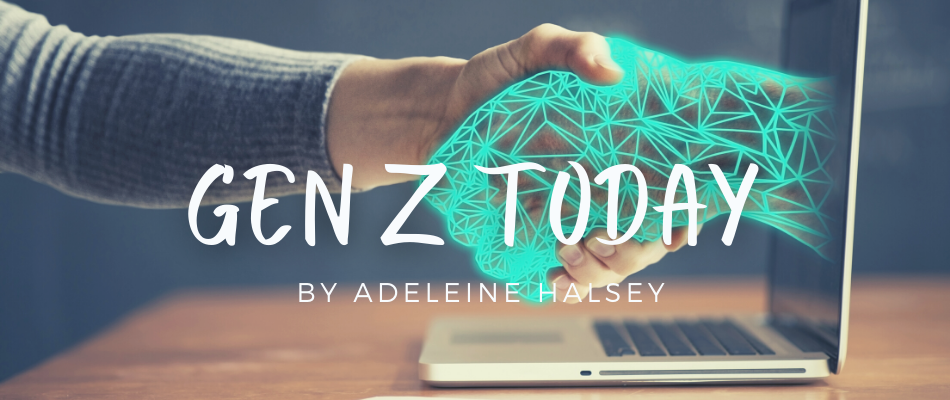Gen Z Today
Written By:
As a member of Gen Z, I have some questions for Millennials, Gen Xers, and Baby Boomers: reflect back to your teenage years... What was it like? Most of you didn’t have cell phones, and many of you didn’t have the internet. How did you get to know people? How did you form new relationships? No, really... Did you have to ask out the person you fancied by actually walking up and asking for their number?
As many of you have probably noticed, today’s teens are drastically different from those even fifteen years ago. Gen Z is almost never caught without a smartphone in their hand, a caffeine addiction, or a zeal for politics.
Today, teenagers’ lives center around our phones and social media. As a Gen Zer myself, I am embarrassed to admit how lost I feel when I don’t have access to my phone. I feel lucky, and almost surprised, to have experienced the few years before iPhones were released, where I could enjoy screen free play times and the simplicity of largely screen-free childhood. So what consequences and advantages does this new reliance on social media and phones have on Gen Z and our futures?
A study from the Addiction Center revealed that Gen Z is the loneliest generation in America. The dependency on and increasing popularity of social media plays a large role in this. An article on the Addiction Center website informs that “social media is thought to be the main contributing factor of loneliness in these generations (Millenials and Gen Z).” A similar study from the Pew Research Center confirmed that Gen Z teens and Millennials today spend more time interacting with their friends online and via social media than in-person.
We are not forced to have the same amount of face-to-face or even verbal communication as the generations that preceded us, and often, this takes away from our ability or necessity to communicate effectively in person. This feels like a loss in a world where in-person interactions are an increasingly critical method of communication, in a society revolving more and more around politics and social issues requiring confrontation.
Regardless of the arguable effects of technology on teens today, there are other defining characteristics that give Gen Z a foothold as a generation. Research shows that Gen Z is the most ethnically diverse, politically involved, and according to Pew, “on track to be the best-educated” generation. Higher education is a growing priority for today’s youth, resulting in a lessened likeliness of dropping out of high school and a greater chance of teens enrolling in college. Additionally, Gen Zers tend to draw towards political activism.
So, what does the future of a generation who is reliant on devices and social media, yet drawn to social and political action look like? How can we learn from our weaknesses and capitalize on our strengths as we transition into adulthood?
We have the power to change our technological independence.
It’s dangerously easy to forget to be present when an entire world is contained in a little screen in our hands, and it’s something that teens especially struggle with. Smartphones are not going away anytime soon, but what if we gave priority to people in person - or even ourselves - instead? Challenge yourself to exercise self-control and have phone “detox days” to let your mind bask in a screen-free 12 hours, and examine how your mental and emotional health changes.
We have the power to change the landscape of political activism.
Our digital connectivity makes us well-informed, intellectual, and politically minded. We can use that power to advocate for voting that affects political and social change. We can educate ourselves via social media to stay updated and aware of what is happening in our rapidly-evolving society, but we need to be taking active action to bring about the change we promote on a daily basis. Let’s emerge into the physical world to vocally take a stand for defining beliefs and values through petitions, protests, and sharing our thoughts and opinions.
We have the power to change the definition of leadership.
In the years to come, we will become culturally informed and globally-minded leaders. We care - really care - about the future and best-interest of our society, our country, and our world. Let’s use that drive to make conscious efforts to protect them.
My fellow Gen Zers, as we rise into adulthood, I hope we will use our voices to be heard clearly and powerfully, that we will recognize our connectedness with the virtual world, but that we will use that connectedness to our advantage to bring about change for good. We have the power to change.
Adeleine Halsey is a senior at Evansville Day School. She is interning this year with our marketing department as a staff writer and plans to pursue a journalism degree after high school. In addition to her passion for writing, she is a Legence Bank Scholarship recipient and a standout performer in Day School's choir and drama departments.
